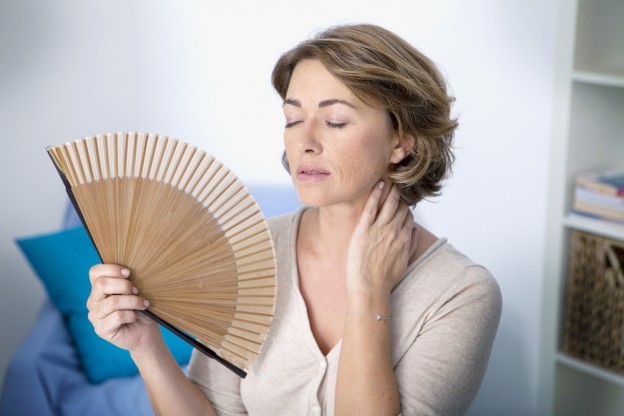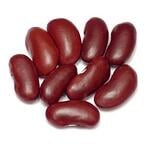
Menopause is the natural termination of the menstrual cycle, lasting from a few months to years. The average woman experiences menopause at approximately 51 years, and it usually occurs between the ages of 40 to 55, at around the same age as the woman’s mother began menopause. Common physical symptoms of menopause include hot flashes, vaginal dryness, night sweats, urinary problems, and headaches. Menopause is also characterized by emotional symptoms such as sudden mood changes, depression, irritability, insomnia, and nervousness.
During this time of hormonal and energy fluctuation, menopausal complications reduce the quality of a woman’s life and result in uncomfortable or even debilitating symptoms. Hormone replacement therapy is the standard Western treatment for menopausal difficulties; however, estrogen supplements have been linked to undesired side effects and increased health risks. Traditional Chinese medicine offers an alternate way to reduce menopausal symptoms through diet, herbal remedies and acupuncture.
Traditional Chinese Medicine Offers an Alternative
According to Chinese medicine, imbalanced interaction between kidney yin and yang leads to difficulties during menopause. The theoretic framework of yin-yang is used to explain aspects of the human body as well as to guide diagnosis and treatment. Women may have yin or yang deficiencies that affect how they experience menopause.
The kidneys are viewed as the central organs responsible for controlling other bodily functions, and kidney yin and yang deficiencies lead to certain associated menopausal symptoms, with different treatment existing for each type. Symptoms of yang deficiency in menopause may include tiredness, lower back pain, incontinence, and aversion to cold. Symptoms of yin deficiency (the far more common type) include hot flashes, night sweats, insomnia, and irritability.
Nutrition for Menopause
Some common foods that help build yin for yin-deficiency type menopause include wheat germ, mung bean, seaweed, cucumber, millet, black bean, tofu, kidney bean, barley, black sesame seed, and royal jelly. Women should follow a low-fat, high-fiber diet. In addition, maintaining a healthy weight, exercising regularly, and reducing stress are all important. Chinese medicine can effectively and quickly treat symptoms such as hot flashes through many herbal formulas, commonly including dang gui (Chinese angelica) and yi mu cao (motherwort). Thus, traditional Chinese medicine can alleviate menopausal symptoms without the risks of hormone replacement therapy.
About the author:
In addition to her thirty years of acupuncture and Chinese herbal experience, Dr. Qiao “Chelsea” Xu has also practiced qigong and yoga over twenty years, utilizing concepts from these practices in her treatments. She offers treatment in pain management, female and digestive disorders, allergies, asthma, and stress. In her spare time, she likes to practice qigong, taiji, and meditation.


